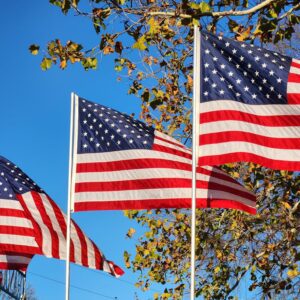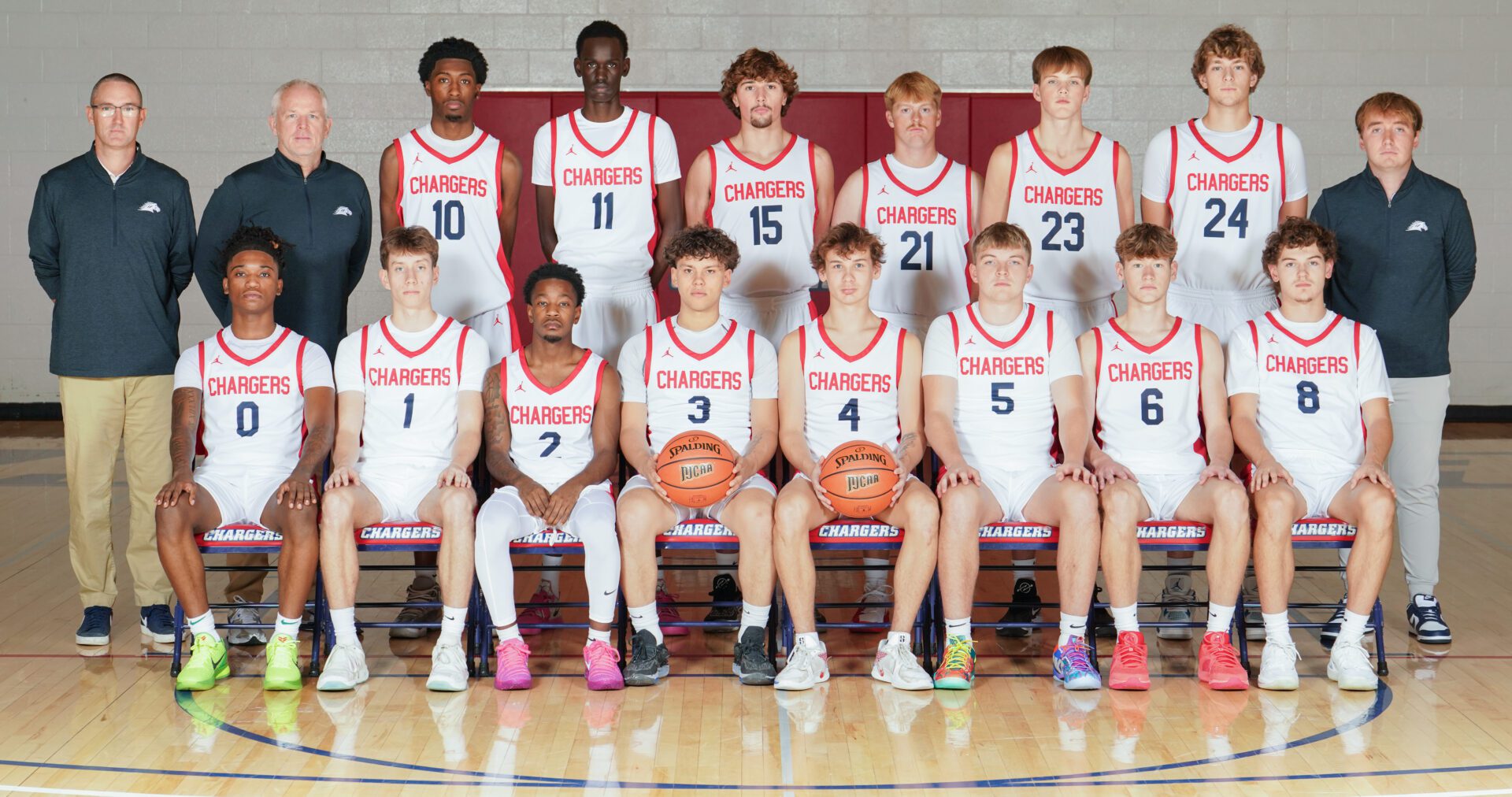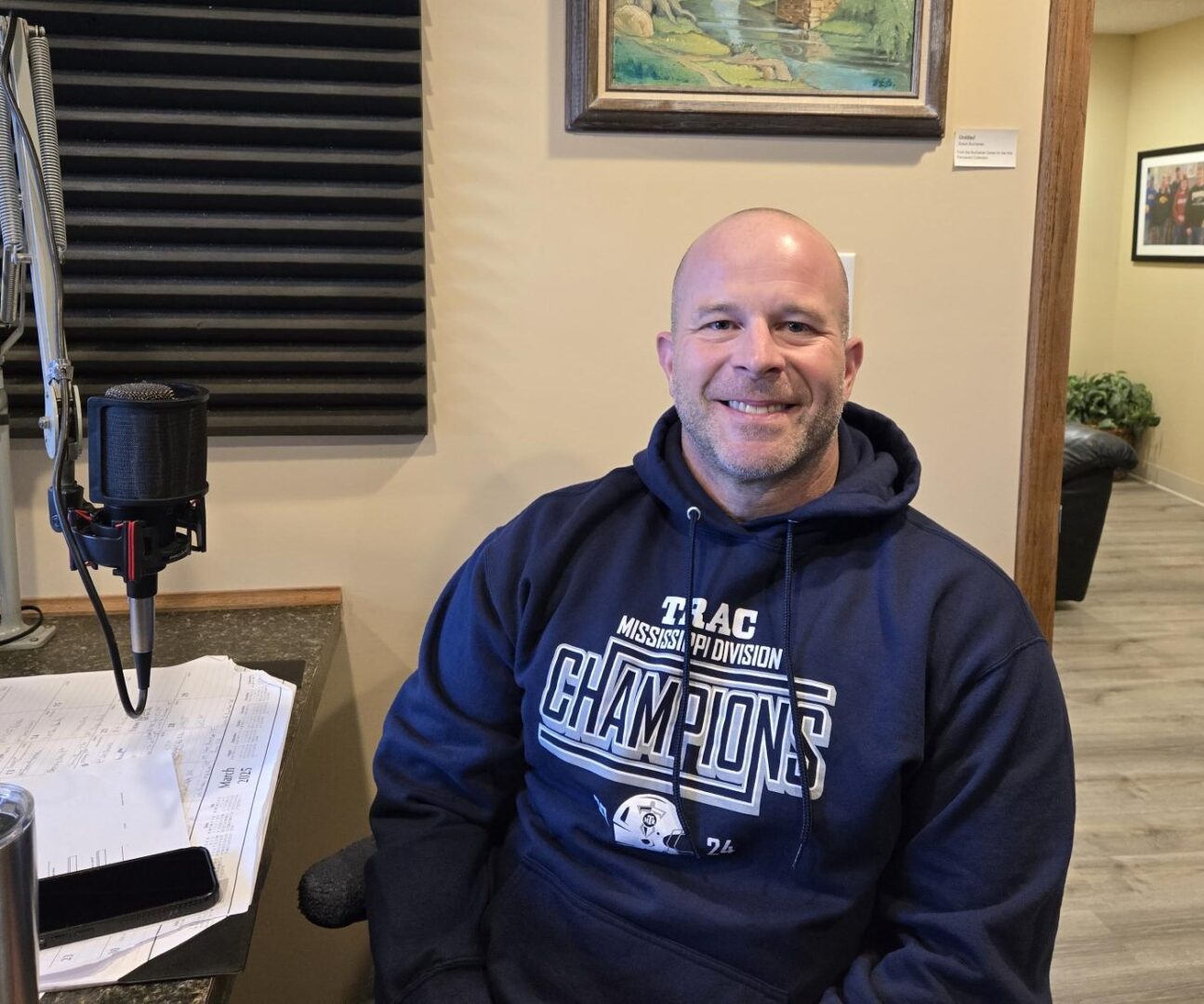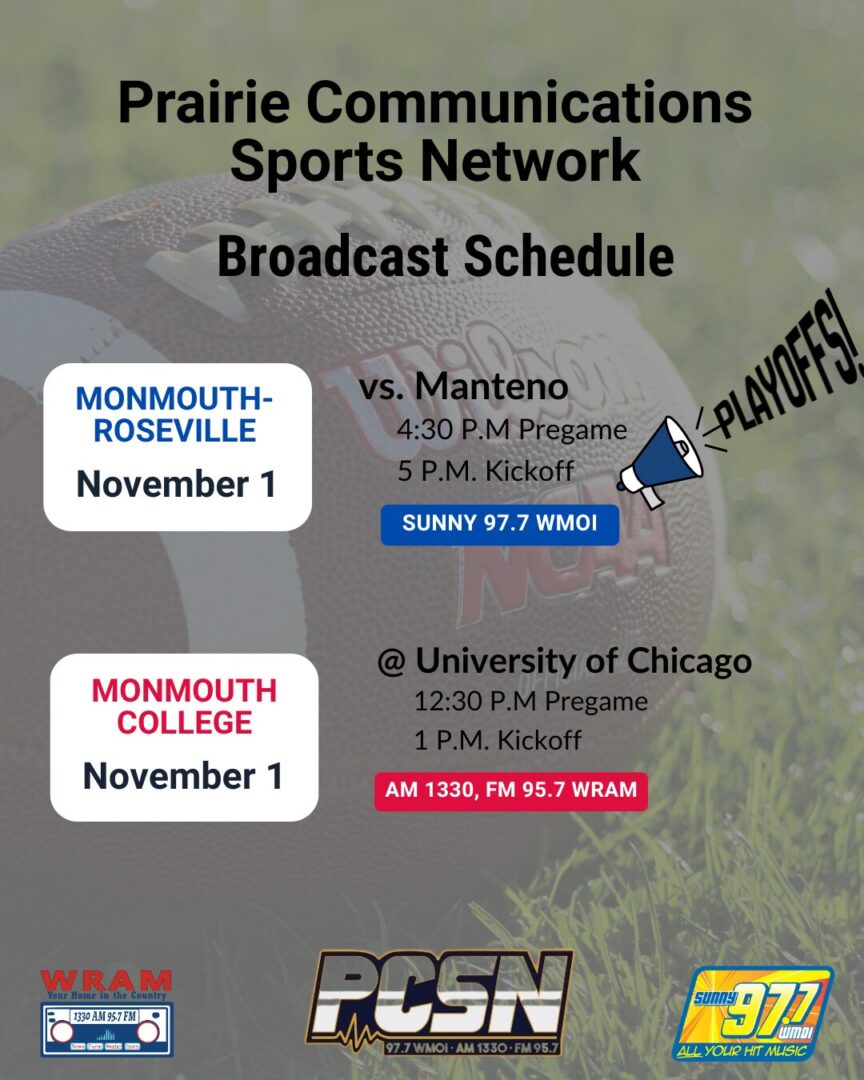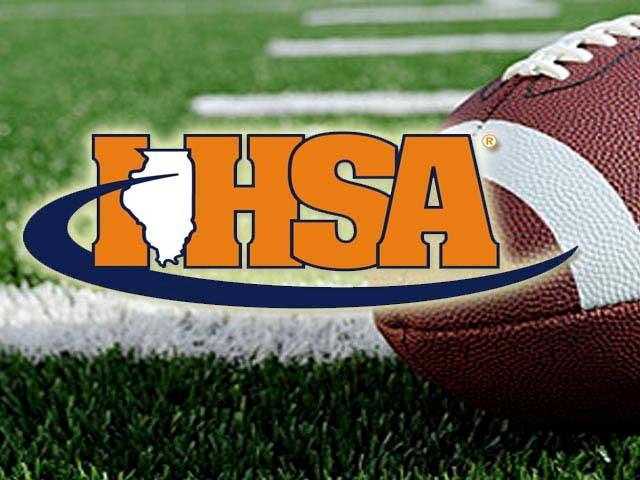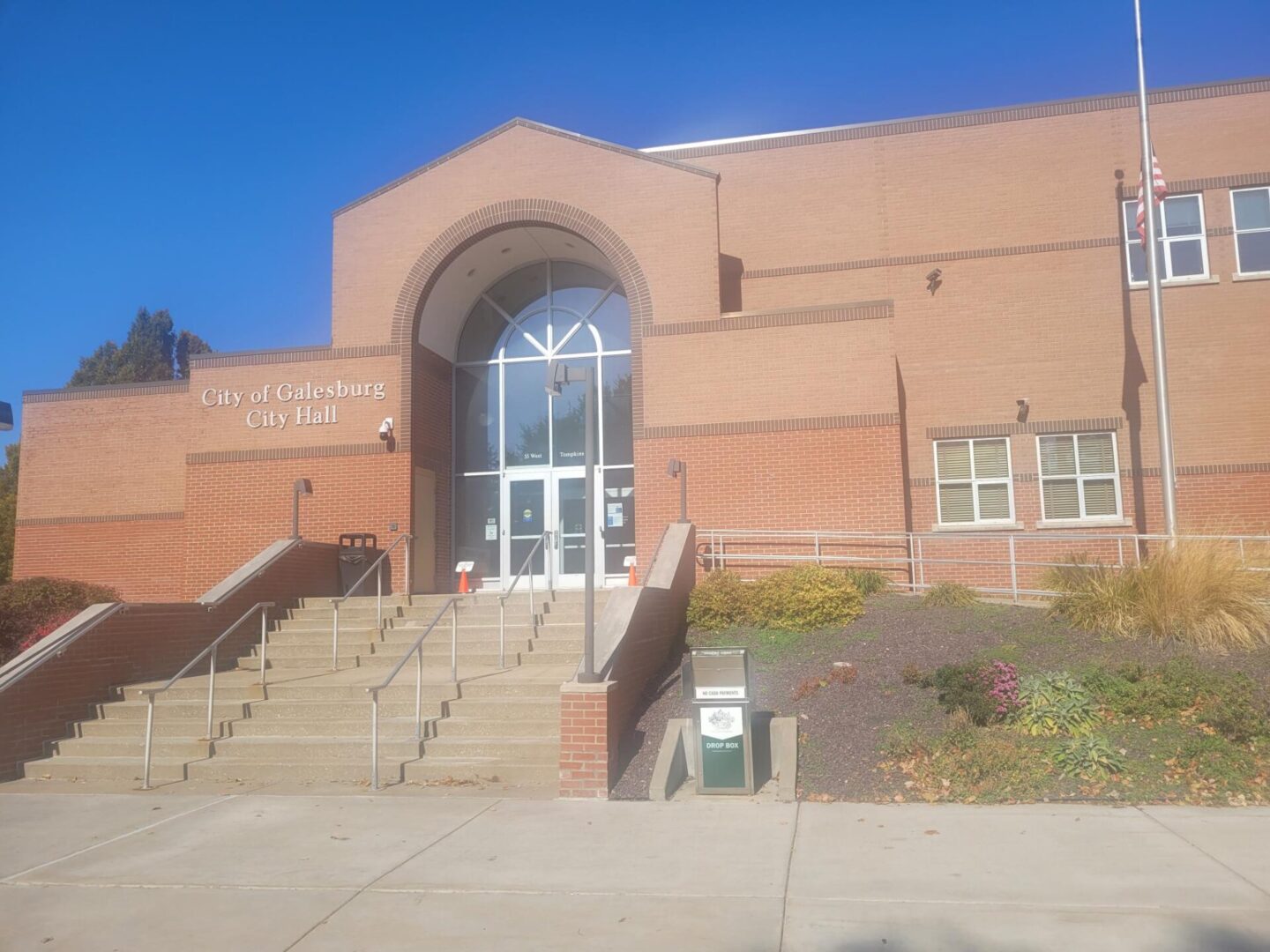By Thomas Best
Do you like a good mystery? I do. Some thirty years ago, I came across the name of western icon of whom I knew only a little. Even more amazing was the fact that this westerner had roots right here in Warren and Knox Counties.
This legendary figure was Charles Alexander Reynolds. To those well versed in history of western hunters, army scouts, and George Custer, Reynolds is best known as “Lonesome Charley.” Some digging through a myriad of books about Custer let me that Reynolds was with the ill-fated Custer expedition into south central Montana in June 1876. Reynolds, who along with some of the Native American scouts from a prominence known as the Crow’s Nest had seen the vast pony herd and Native American village of Lakota and Cheyenne warriors. Reynolds, who along with the other native scouts tried to convince Custer that he was heading into a village of warriors more than they could handle. Custer later charged ahead into a tragic end with over two hundred of his troopers. Reynolds was later counted among the dead under the failed leadership of Marcus Reno in the “Valley Fight” to the east of Custer’s debacle at the Little Bighorn.
Those of you who remember the presentations I did years ago may recall that my fascination with Charley was due in part to the belief that he may have been born right here in Warren County in 1842. Other researchers have insisted that he was born in Kentucky. Nevertheless, it is true that Reynolds and his family did live both here and in Knox County during his formative years. Moreover, he attended the now extinct Abingdon College while his family lived in Abingdon. I was also intrigued with Reynolds because of his nickname and reputation. He was “Lonesome Charley,” and unlike many western icons was not he was flamboyant or boastful. Even to his small cadre of close friends, most contemporaries were perplexed by Reynolds’ shrouded background. For instance, the Yale-trained naturalist George Bird Grinnell, who knew Reynolds quite well, later wrote articles thinking—falsely—that a youthful Charley had been sent away to a boarding school in Indianapolis, from which Charley later escaped and joined a wagon train heading for Denver. Native Americans keenly knew Reynolds for his hunting skills. Plains people called him “The White Man Who Never Goes out for Nothing” or “Lucky Man.”
So why now return to this topic? Recently, a long-time friend and retired teacher, Sue Nelson, offered me the chance to review a collection of materials from her grandfather’s collection of historical materials. This was newspaper man and local historian, Ralph Eckley. Years ago, Ralph graciously invited me over to his home, I had the good fortune to sift through a dresser full of his papers which included his decades ago research about Reynolds. I later used such research in my writings and presentations. To see these materials once more was a real treat.
Therefore, over the next few weeks, I am going to once again share just some of these amazing materials. I plan to make copies for our genealogical society and history museum before donating these resources to one of several state archives where decades ago I also traveled to learn more of the life of this amazing westerner.


